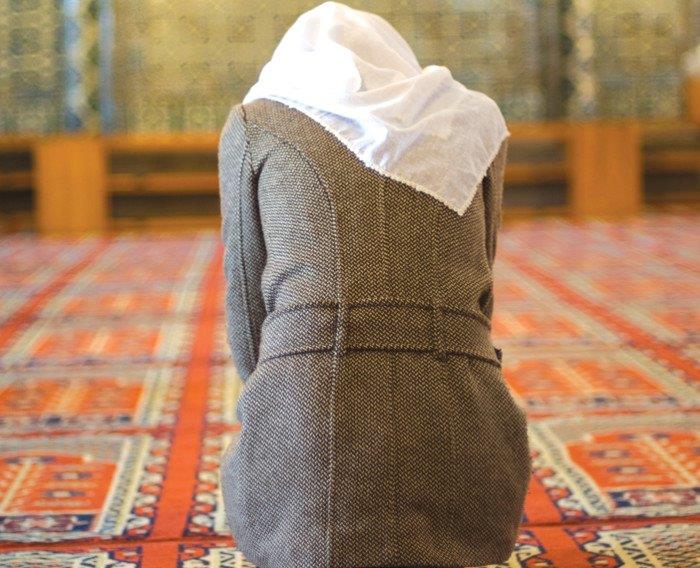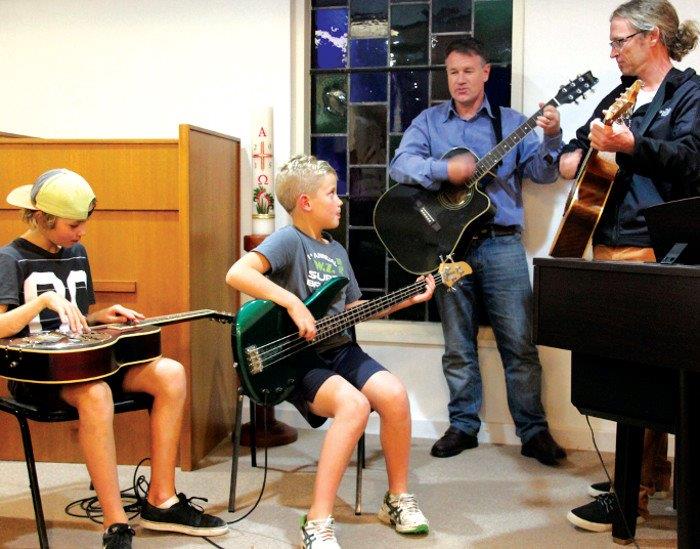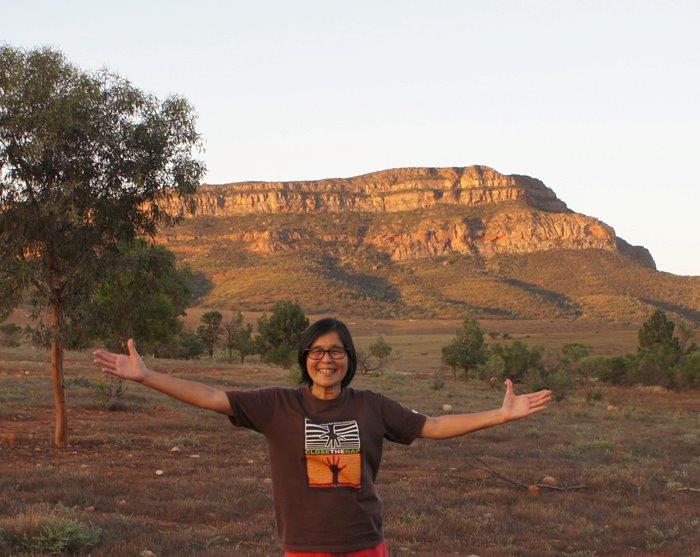Part of what makes our nation and our society so great is the Australian concept of a ‘fair go’, along with the willingness to ‘lend a hand.’ It is part of our core business as churches and community organisations to care for the vulnerable, for the stranger. Indeed you could suggest it is part of every Australian’s DNA to care for those in need. It is with great sadness then that we must admit that we have neglected to lend a hand to asylum seekers and we are not providing them with anything closely related to a ‘fair go’. Instead our detention policies are actually adding distress to despair – and now death as well. Mohammad Nazim Najafi, aged in his mid-twenties, died a lonely death last Friday evening.
The Coalition for Asylum Seekers, Refugees and Detainees (CARAD) has been working with a number of churches and community groups visiting asylum seekers in Yongah Hill Immigration Detention Centre (IDC), on the outskirts of Northam since the centre was opened in 2012. We have come to personally know many of the asylum seekers who are detained there, with friendships formed and affection shared. Their stories are all unique, and yet share similar threads – longings for loved ones, memories of war and persecution, journeys of peril, and always, a desire to work, to contribute and ultimately give back to Australian society.
So it is with troubled hearts that we share this reality: detention and the length of time it is taking to complete the claims assessment process is killing our friends. We have slowly watched the despair rise to levels we did not dare believe it could go. Just last week the debilitating hopelessness that indefinite detention brings contributed to the death of a young asylum seeker at the Yongah Hill IDC. In the past year two men with Bridging Visas have taken their own lives in Perth. We cannot let such tragedies occur so quietly. We invite you to share our dismay, our outrage and demand another way. The halls of these detention centres and the processes of the Department of Immigration and Border Protection (DIBP) have too many shadows for a democracy such as ours.






